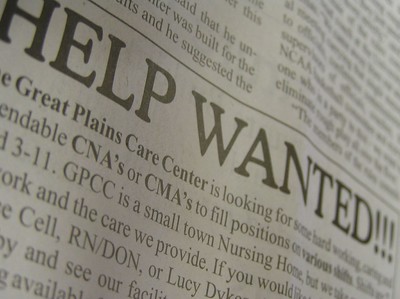The Obama Administration instituted a regulation that judged institutions by measuring the employability of its graduates. The controversial rule threatened to defund institutions that could not demonstrate “gainful employment” of their graduates after one year. It also tried to hold institutions accountable for graduates who did not earn enough to repay their federal student loans.
Education Secretary Betsy DeVos eliminated the rule in 2019. At the time, critics argued that without the “gainful employment” test, there was no way to identify and eliminate low-performing institutions.
Recently, the Texas Public Policy Foundation published a tool that used ED data and Obama-era gainful employment metrics to rate institutions. It examines students’ median and mean debts; their annual earnings; monthly student loan payment; and their debt-to-earnings ratio. Only about 70% of public institutions and 60% of private, non-profit institutions currently pass the gainful employment test.
The tool does not have complete data for all WCC programs, but WCC passes for those programs with all data available. That’s good, but we don’t really need a federal regulation to examine the value of WCC degrees. Shouldn’t WCC verify that its alumni are gainfully employed following graduation? Isn’t that just part of “building a brand?”
Last week, WalletHub raised the “gainful employment” question when it ranked WCC in the bottom 36% of community colleges in terms of “Career Outlook.” Washington no longer wishes to weigh the value of a college degree. That leaves it to places like WalletHub to do these basic exams.
But at the end of the day, shouldn’t the Board of Trustees demand proof that WCC performs to the community’s highest expectations? And shouldn’t it also insist that WCC program pass an internal evaluation of “gainful employment?”
Photo Credit: Betsy McCray, via Flickr















